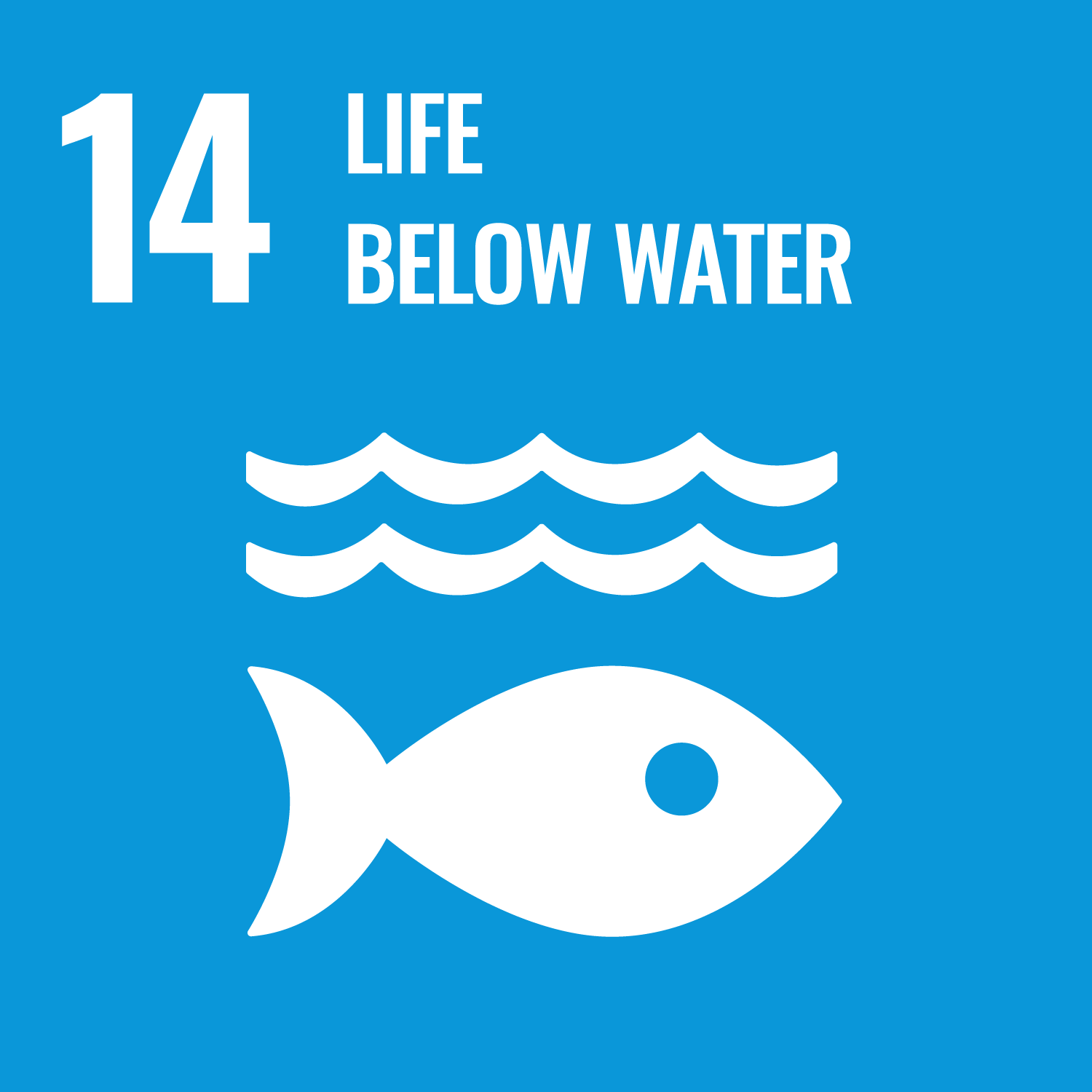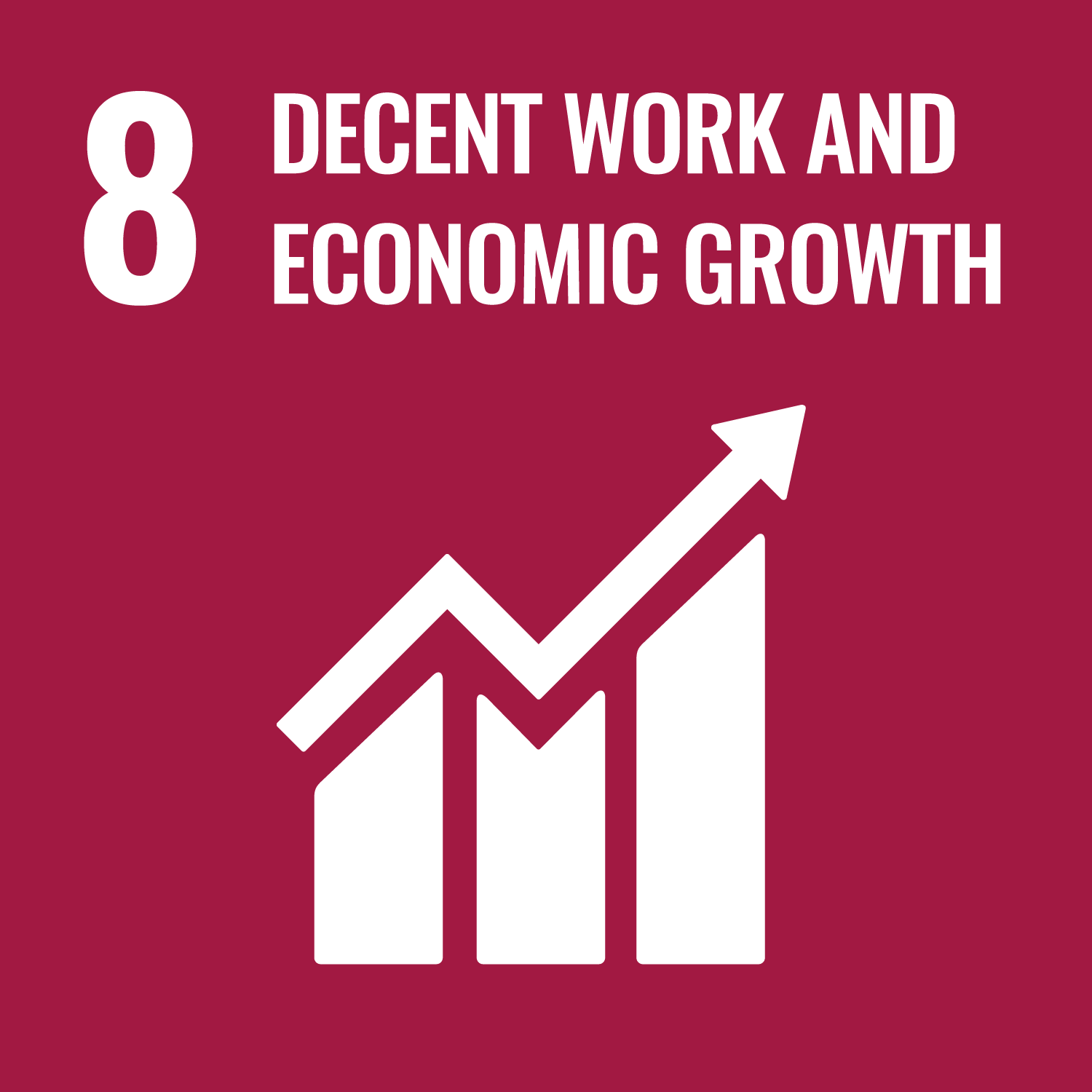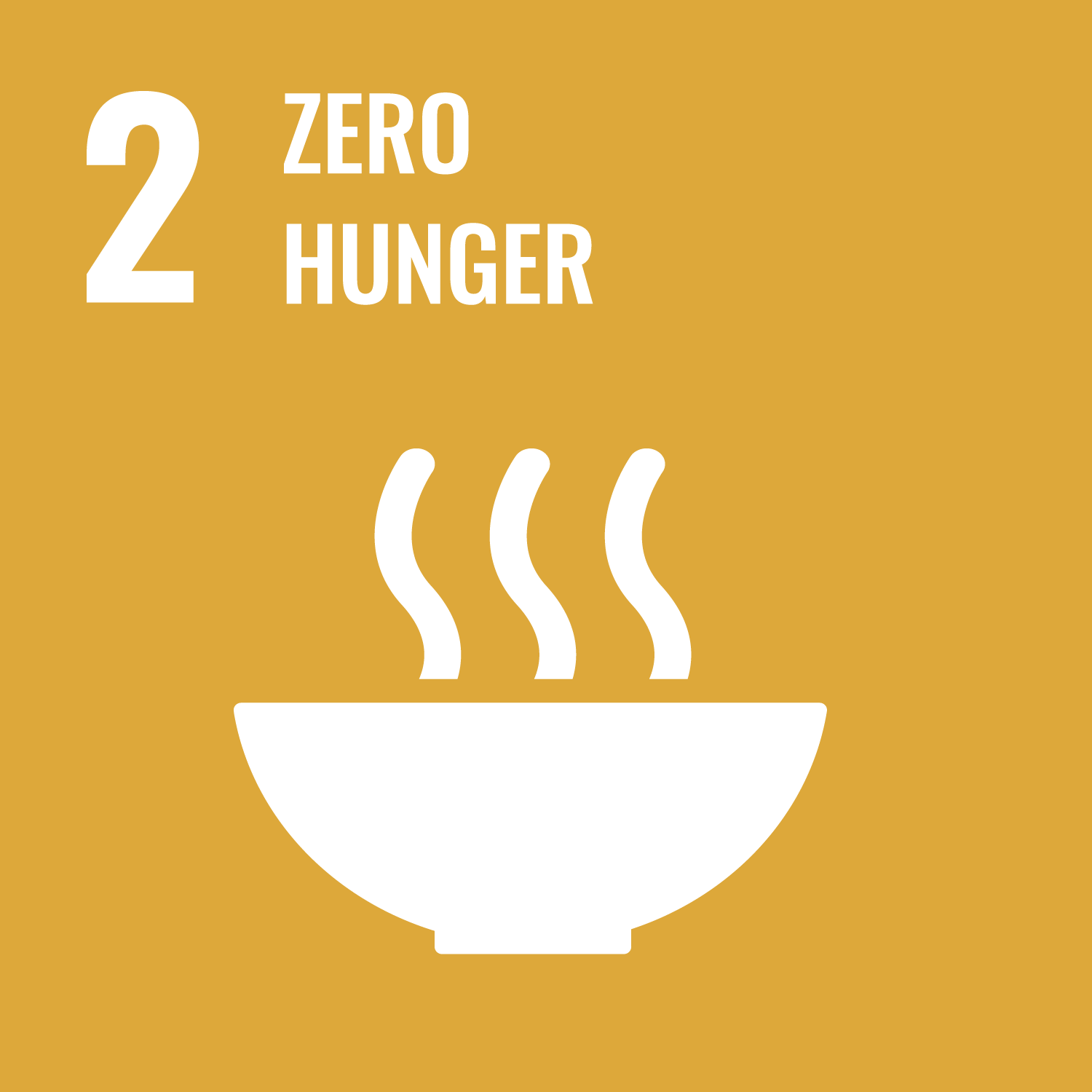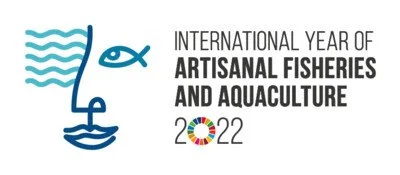ABOUT KUOKOA
INSPIRED BY A PASSION FOR UGANDA AND A COMMITMENT TO SUSTAINABLE DEVELOPMENT, KUOKOA INITIATES AND PROMOTES PROJECTS WITHIN THE LACUSTRINE PROTECTED AREA (LPA) THAT IMPROVE THE WELL-BEING OF LOCAL COMMUNITIES AND THEIR SURROUNDING ENVIRONMENT.
Kuokoa is an NGO that supports and advocates for the implementation of a socially just LPA, to be used as a long-term, sustainable tool to stabilize Uganda's most important fishery, Lake Victoria. This is done through several complementary initiatives which aim to; empower subsistence fishermen to have a unified voice, grow their businesses and increase related livelihood opportunities in their respective communities, reduce conflict between fishing communities that may arise from the implementation of a protected area, and to advocate for better fisheries management policies on a national level by mobilising stakeholders and engaging with key government decision makers.
our VISION IS TO ACHIEVE A SUSTAINABLE TRANSITION TO A MORE PROSPEROUS LOCAL ECONOMY, REALISING THE LONG-TERM BENEFITS OF THE LPA AND IMPROVING SOCIO-ECONOMIC CONDITIONS FOR EVERYONE affected by the protected area. WE VALUE the local people’s RIGHT TO CONTINUE THEIR WAY OF LIFE AND WISH TO SEE THEM PROSPER ALONGSIDE THE DEVELOPMENT OF THE FISHING RESERVE.
CREATIVITY
Creativity is an ethos that oozes through every aspect of Kuokoa, it defines how we approach and overcome the challenges we face in all our many projects, big and small. It is a quality that we value above all else and endeavor to nurture. We are constantly developing solutions to complicated problems in difficult situations where a creative approach is essential.
CONSERVATION
Conservation of Lake Victoria's fish stocks through the implementation and enforcement of the LPA is the primary concern of Kuokoa. Working with government and local stakeholders, the goal of the reserve is not only to provide a breeding ground for the over-fished Nile Tilapia and Nile Perch but also to create an platform to facilitate a deeper understanding of how to responsibly utilise the lake's resources. The lake ecosystem is vital to the survival of the local communities as well as the future of Uganda and therefore we must strive to encourage better regulation and protection.
SUSTAINABILITY
Sustainability is the key aspect of all developments within the LPA. Without demonstrating its value to local communities and showing fishermen how a better managed fishery can provide them with direct economic benefits, any gains will be short lived. Creating lasting social change is a long process but it begins with guiding willing fishermen onto a new path and providing them with the support and training they need to grow their business and their future. Through the demonstration of these initial successes we hope to gain the momentum needed to create meaningful transformation across the entire district.
Progress towards the sustainable development goals
Although for the purpose of food security rather than biodiversity, Uganda’s LPA network protects stocks of vital commercial fish species, promoting sustainable harvesting and the protection of important fish breeding grounds.
In March 2022 the United Nations Environment Assembly adopted a resolution on Sustainable Lake Management. It calls on countries to protect, restore, and sustainably use lakes, while integrating them into national and regional development plans.
We plan to integrate the following targets within SDG 14:
- By 2020, effectively regulate harvesting and end overfishing, illegal, unreported and unregulated fishing and destructive fishing practices and implement science-based management plans, in order to restore fish stocks in the shortest time feasible, at least to levels that can produce maximum sustainable yield as determined by their biological characteristics
- By 2030, increase the economic benefits to Small Island developing States and least developed countries from the sustainable use of marine resources, including through sustainable management of fisheries, aquaculture, and tourism
- Provide access for small-scale artisanal fishers to marine resources and markets
1.5 million people in Uganda have livelihoods that rely on the fisheries value chain. A collapse of Uganda’s fisheries would be devastating to this section of the population and the country’s economy as a whole, we are encouraging people in fisheries to begin to expand their careers in complimentary livelihoods such as fish ponds and alternative livelihoods such as non-traditional agriculture.
We plan to integrate the following targets within SDG 8:
- We plan to promote development-oriented policies that support productive activities, decent job creation, entrepreneurship, creativity and innovation, and encourage the formalization and growth of micro-, small- and medium-sized enterprises and SAACOs, including through access to financial services
- Improve progressively, through 2030, global resource efficiency in consumption and production and endeavor to decouple economic growth from environmental degradation, in accordance with the 10-year framework of programmes on sustainable consumption and production, with developed countries taking the lead
Kuokoa is committed to forwarding the conservation goals of Uganda’s LPA network and strengthening Uganda’s fisheries. The collapse of these fisheries would be devastating to the food security of Uganda and East Africa as most of the population rely on fish as their primary source of protein and most livestock feeds in the country are fish meal based.
We plan to integrate the following targets within SDG 2:
- By 2030, end hunger and ensure access by all people, in particular the poor and people in vulnerable situations, including infants, to safe, nutritious, and sufficient food all year round
- By 2030, double the agricultural productivity and incomes of small-scale food producers, in particular women, indigenous peoples, family farmers, pastoralists and fishers, including through secure and equal access to land, other productive resources and inputs, knowledge, financial services, markets and opportunities for value addition and non-farm employment
The United Nations General Assembly declared 2022 the International Year of Artisanal Fisheries and Aquaculture (#IYAFA 2022). FAO is the lead agency for celebrating the year in collaboration with other relevant organizations and bodies of the United Nations system. We must keep the momentum going by combining forces and gaining additional funding to protect our lake and her fish. Donate below.











